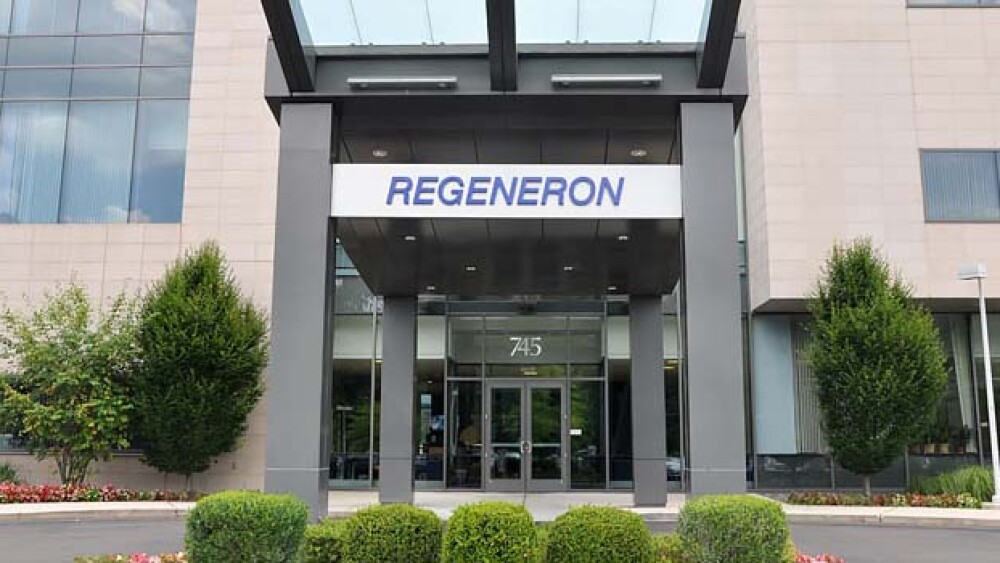“With today’s FDA approval, Eylea has once again set a high bar for the treatment of diabetic eye diseases,” stated George D. Yancopoulos, president and chief scientific officer at Regeneron.
The U.S. Food and Drug Administration (FDA) approved Regeneron Pharmaceuticals’ Eylea (aflibercept) Injection for all stages of diabetic retinopathy (DR). DR is the leading cause of vision loss in diabetic patients.
The supplemental Biologics License Application (sBLA) submission was built on data from the Phase III PANORAMA trial that studied the drug as a treatment for moderately severe to severe non-proliferative diabetic retinopathy (NPDR) without diabetic macular edema (DME). The company announced positive topline data from PANORAMA in March 2018.
“With today’s FDA approval, Eylea has once again set a high bar for the treatment of diabetic eye diseases,” stated George D. Yancopoulos, president and chief scientific officer at Regeneron. “The PANORAMA trial showed that by one year 20% of untreated patients developed proliferative diabetic eye disease, and Eylea reduced this risk by 85% to 88% when administered using a 16-week or eight-week dosing regimen, respectively. In fact, 80% of patients who received the Eylea eight-week dosing regimen had significant improvement in their diabetic retinopathy.”
Eylea is a vascular endothelial growth factor (VEGF) inhibitor. The drug has already been approved in the U.S. for Neovascular (Wet) Age-related Macular Degeneration (AMD), Macular Edema following Retinal Vein Occlusion (RVO), Diabetic Macular Edema (DME), and Diabetic Retinopathy (DR) in patients with DME.
Depending on how the calculations are made, Eylea is potentially the sixth best-selling drug in the world. In the first quarter of this year, sales grew by 9% in the U.S. and 7% outside the U.S., but 15% in constant currency. The drug is annualizing at about $7 billion. In 2018, Eylea brought in $4.08 billion worldwide.
About eight million people in the world have DR. It typically starts as non-proliferative diabetic retinopathy (NPDR) and there are usually no warning signs or symptoms. NPDR over time progresses to proliferative diabetic retinopathy (PDR), where abnormal blood vessels grow on the surface of the retina and into the vitreous cavity. This can cause severe vision loss.
Currently, Eylea is the only vascular endothelial growth factor (VEGF) inhibitor approved with two dosing options for DR—every eight weeks after five initial monthly injections or every four weeks.
“Millions of people have been robbed of their vision due to the progression of diabetic retinopathy,” stated David Brown, director of Research at Retina Consultants of Houston and an investigator for the PANORAMA trial. “The prevention of worsening diabetic retinopathy with Eylea provides a compelling rationale for early treatment of patients with this disease, particularly since eyes dosed with Eylea as infrequently as every 16 weeks showed significant improvements in the pivotal PANORAMA trial.”
Much of Regeneron’s current success is based on Eylea’s growth, but that growth may be short-lived. The FDA granted Novartis’ brolucizumab priority review in mid-April, a treatment for wet age-related macular degeneration (AMD). Roche also has Lucentis on the market. Roche also has another potential drug for AMD, faricimab.





